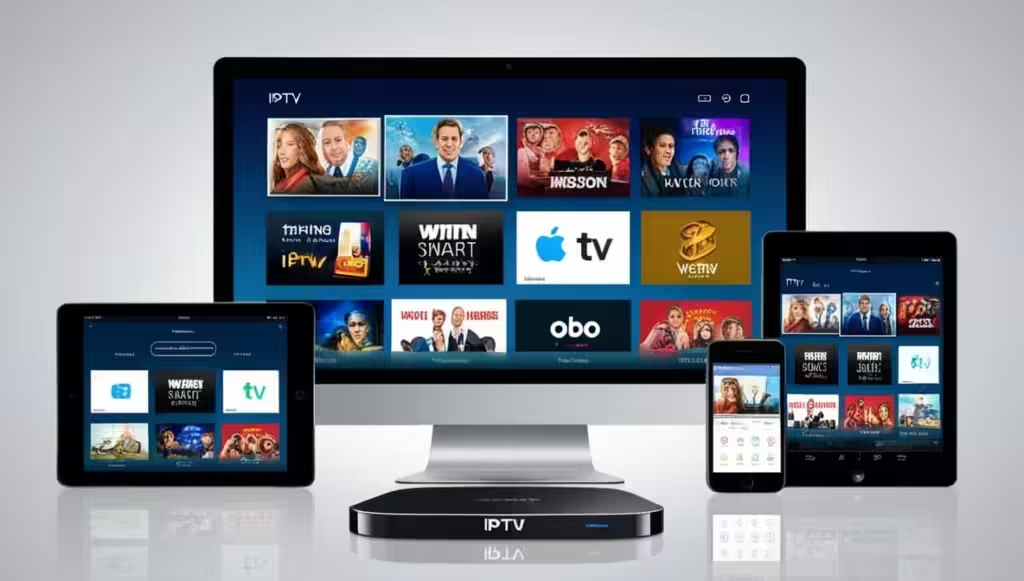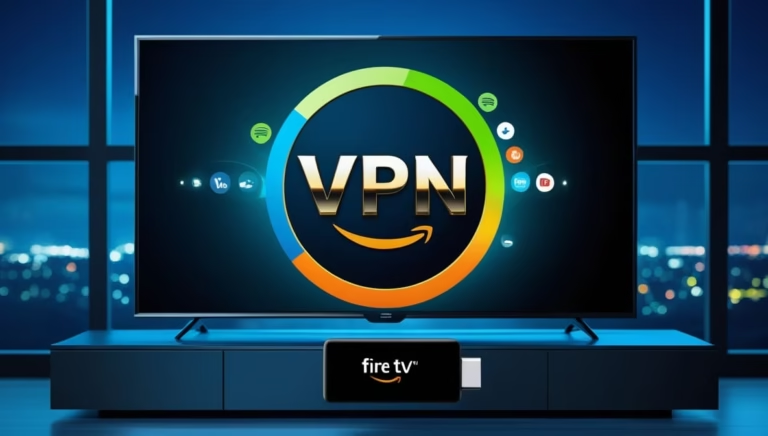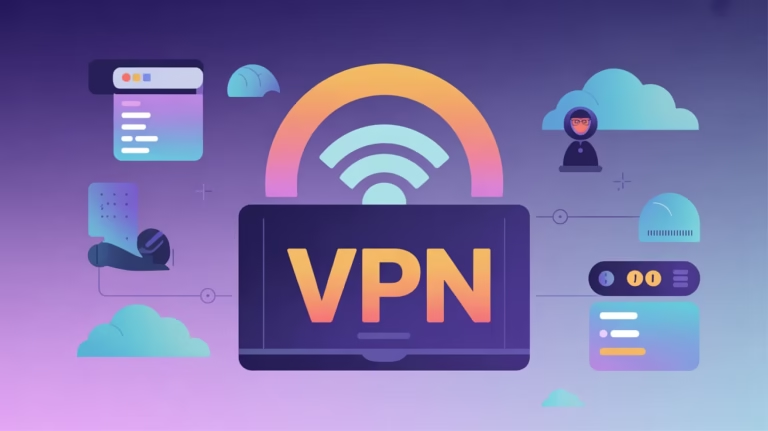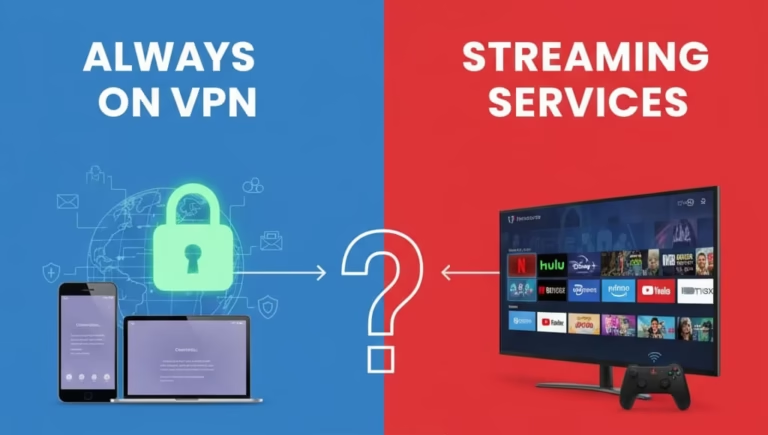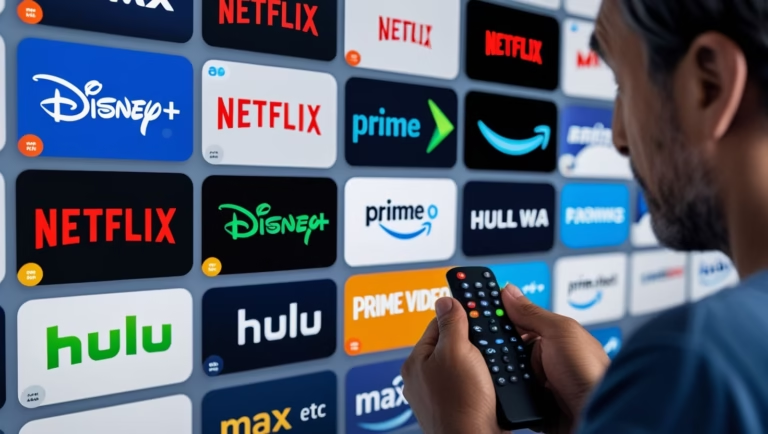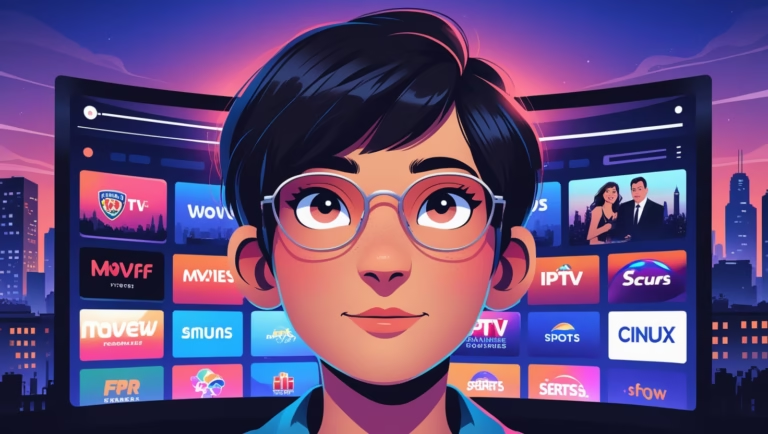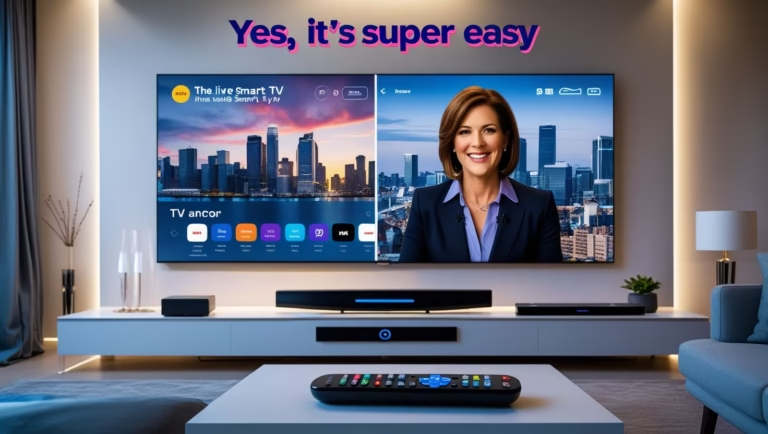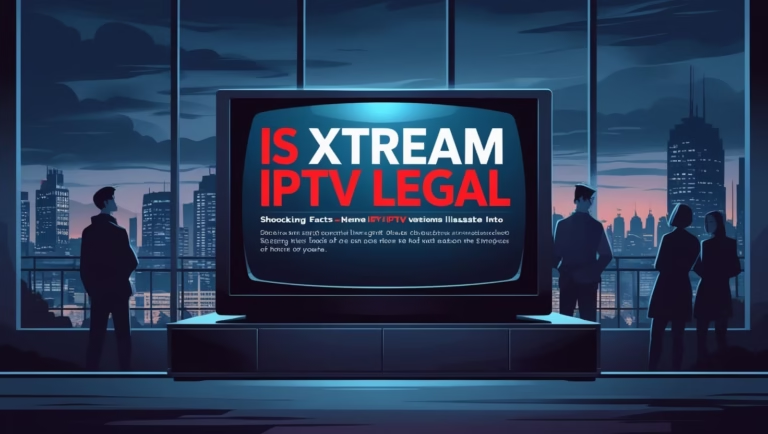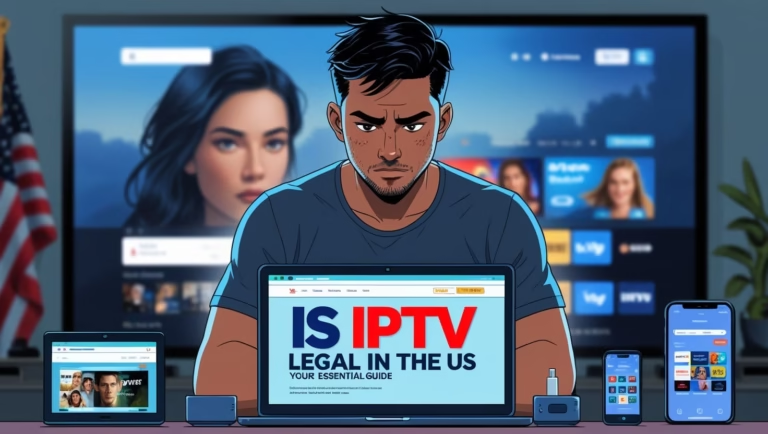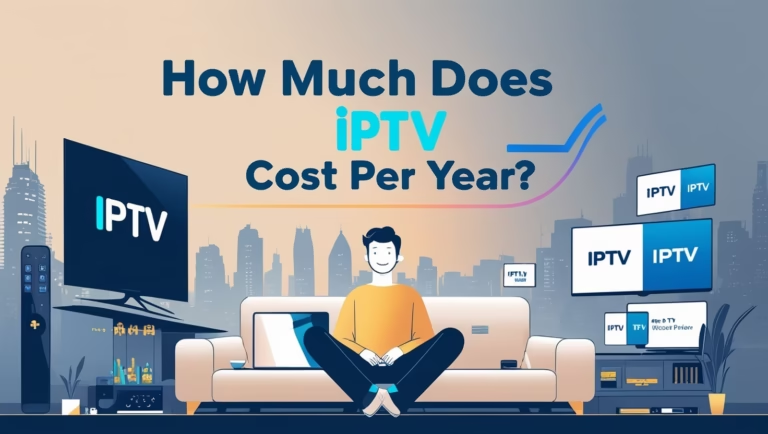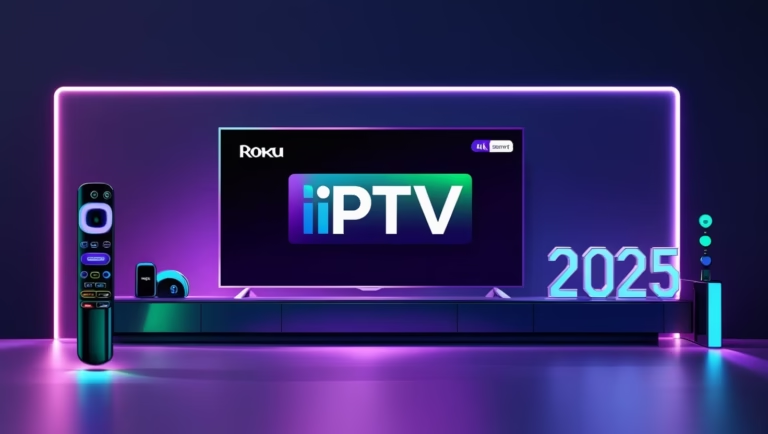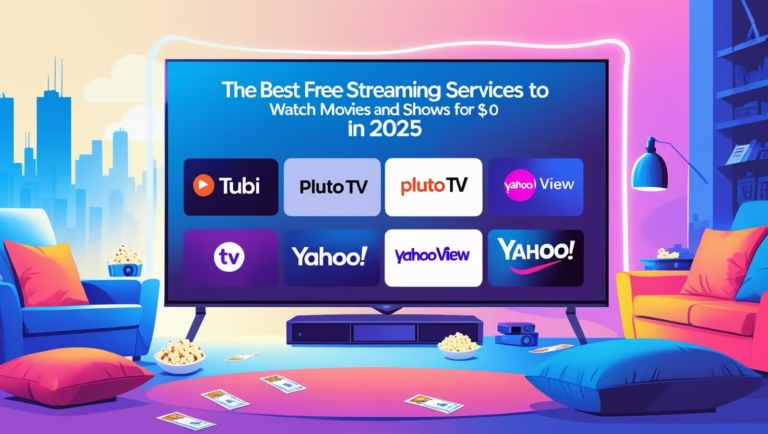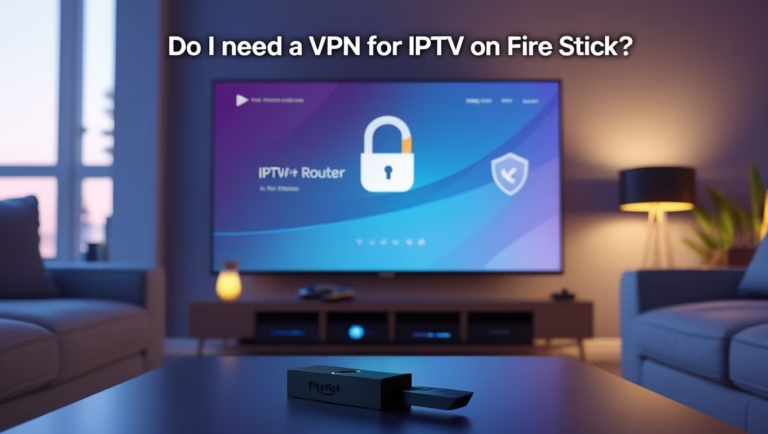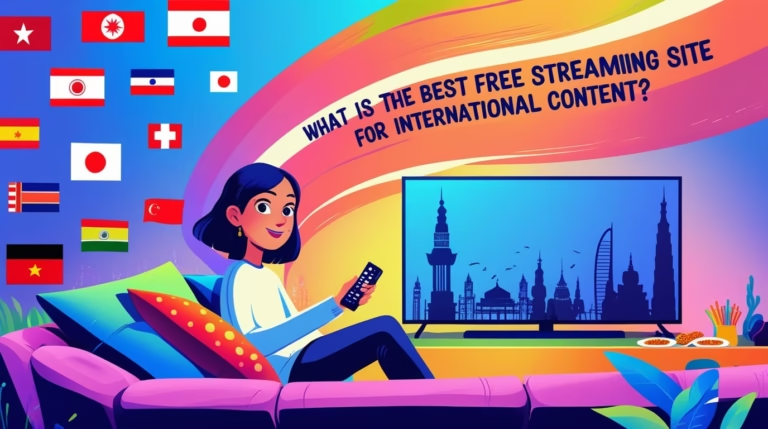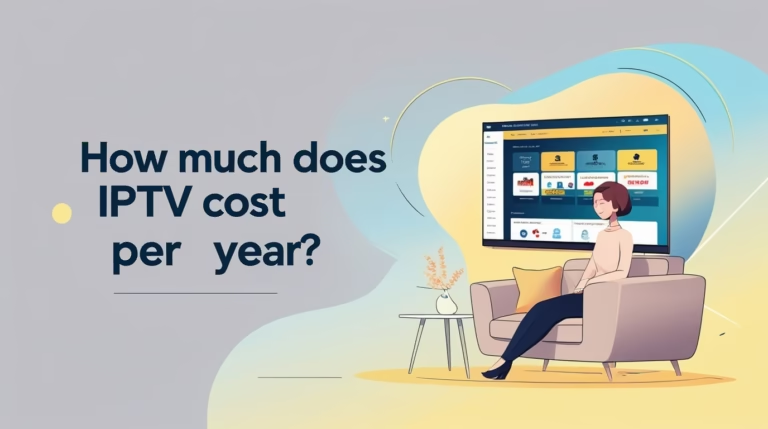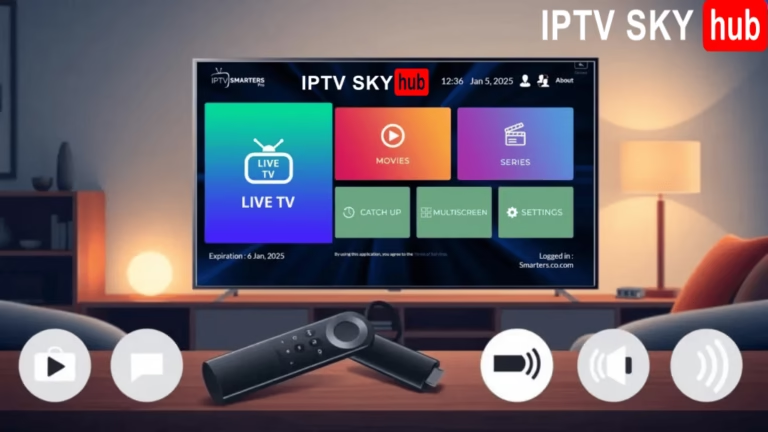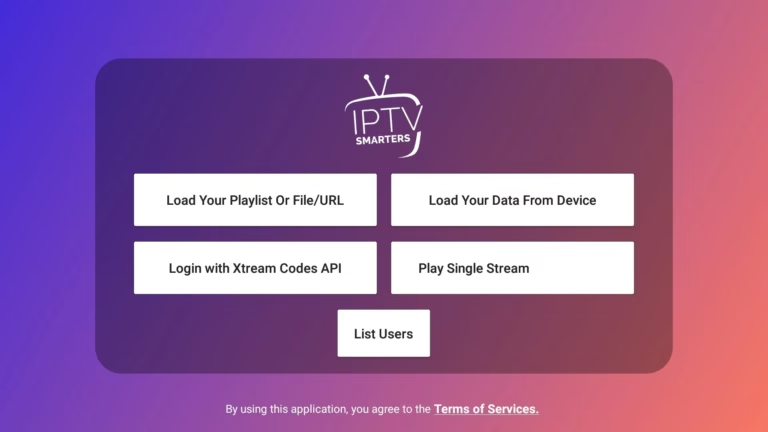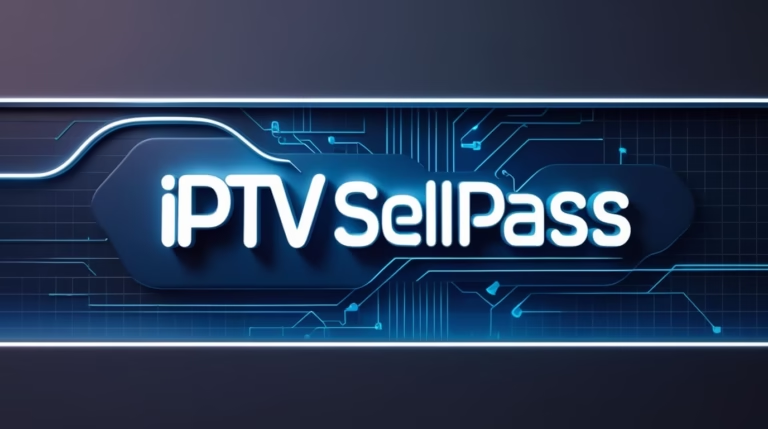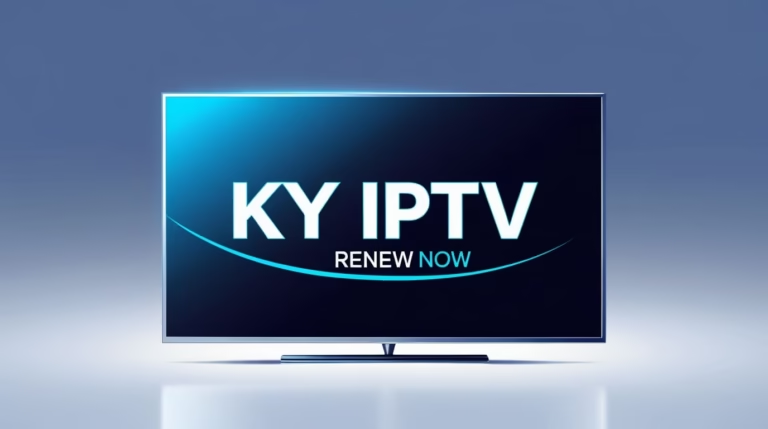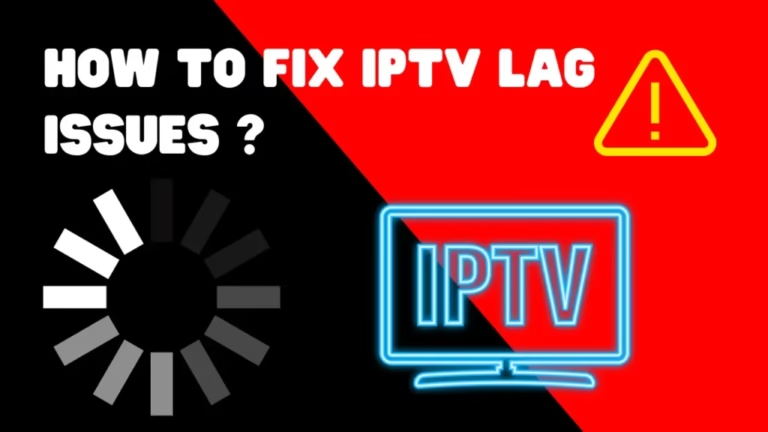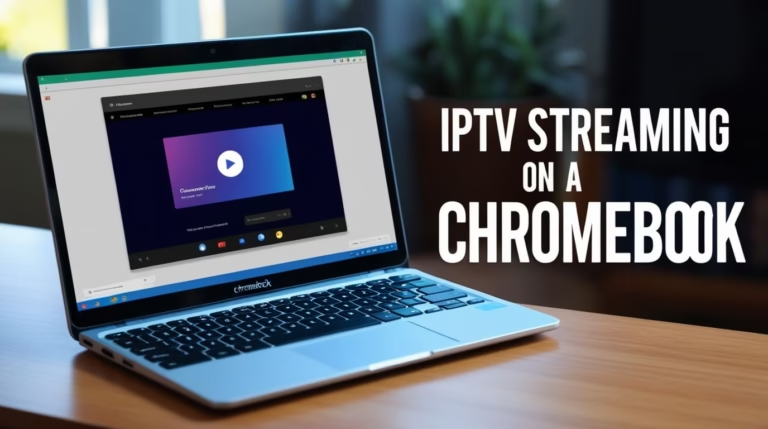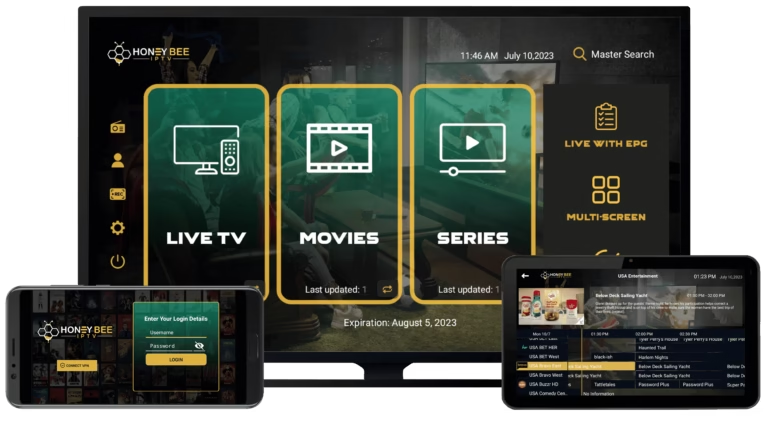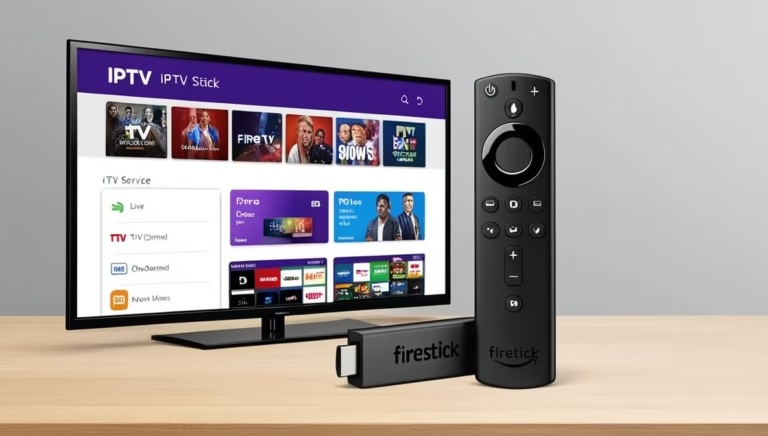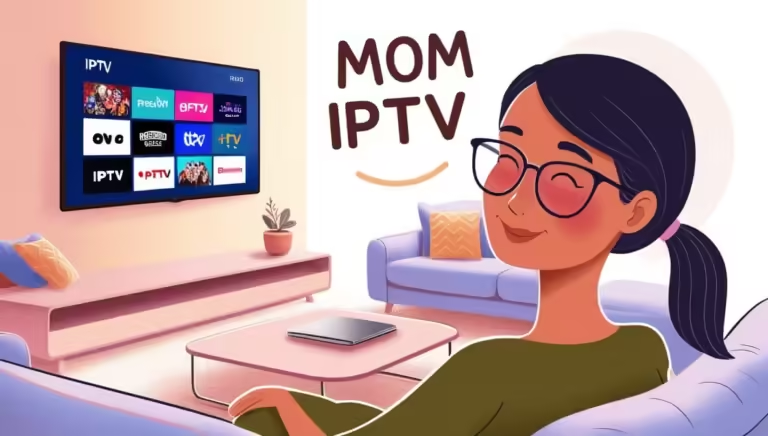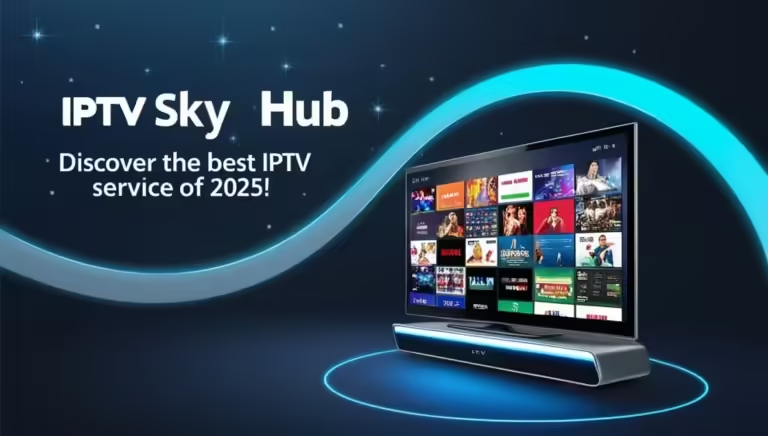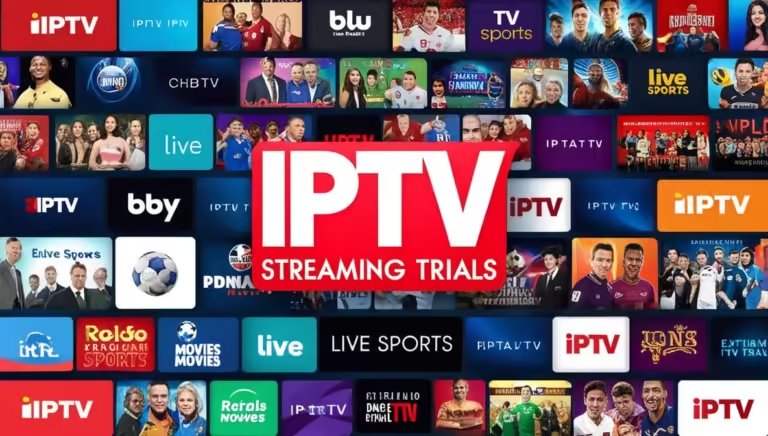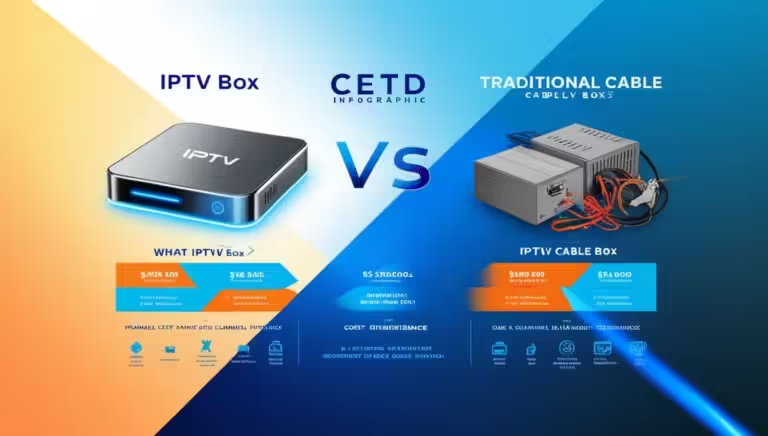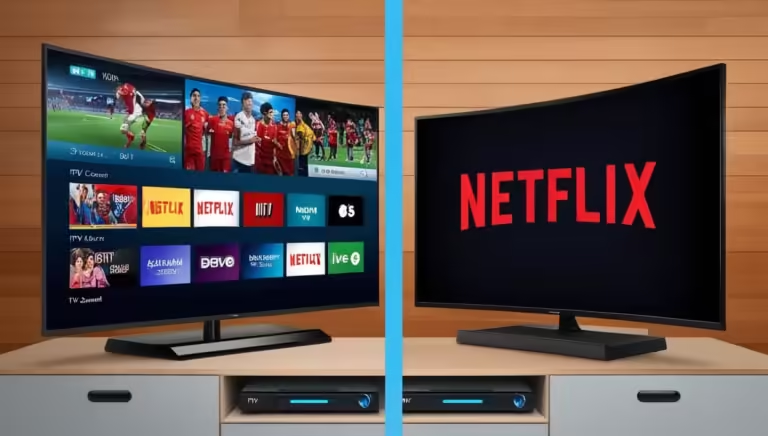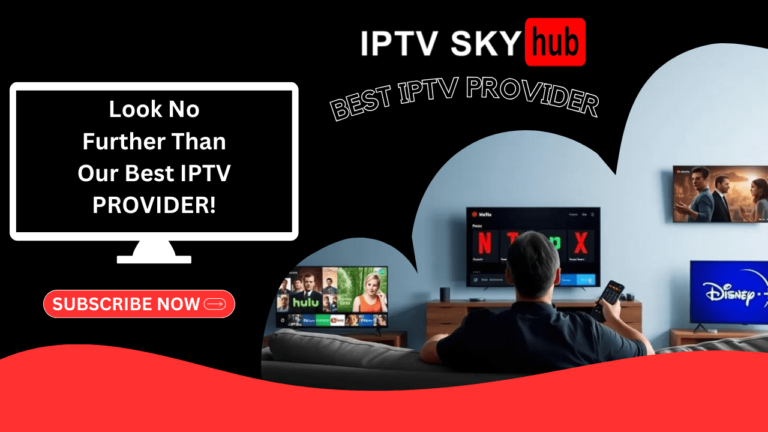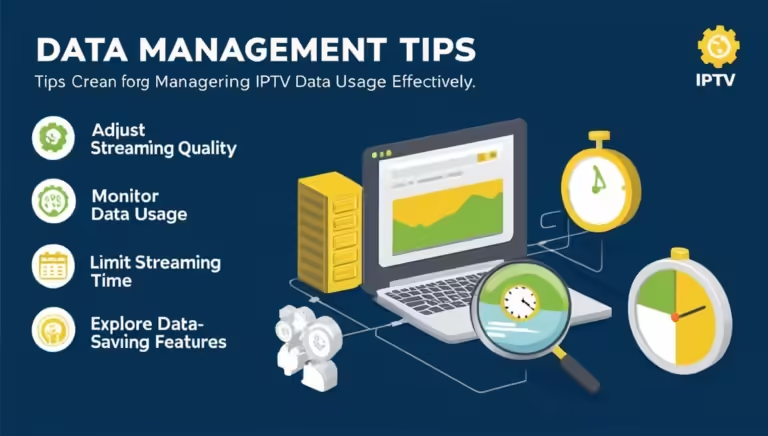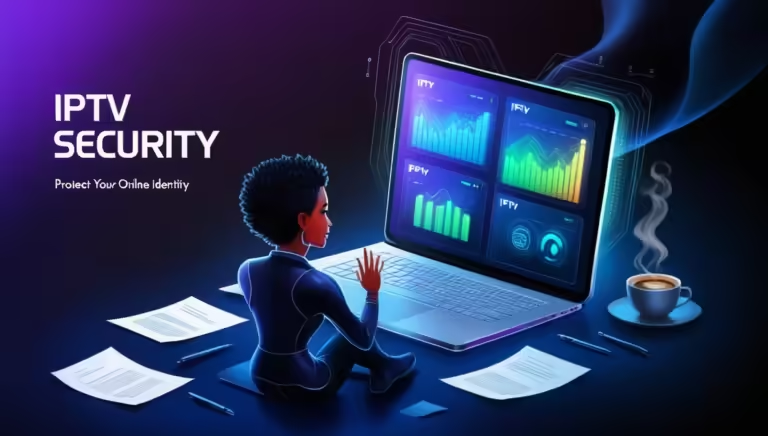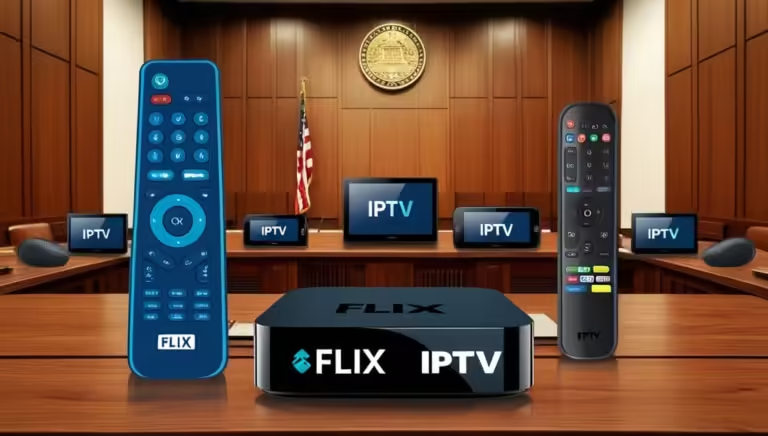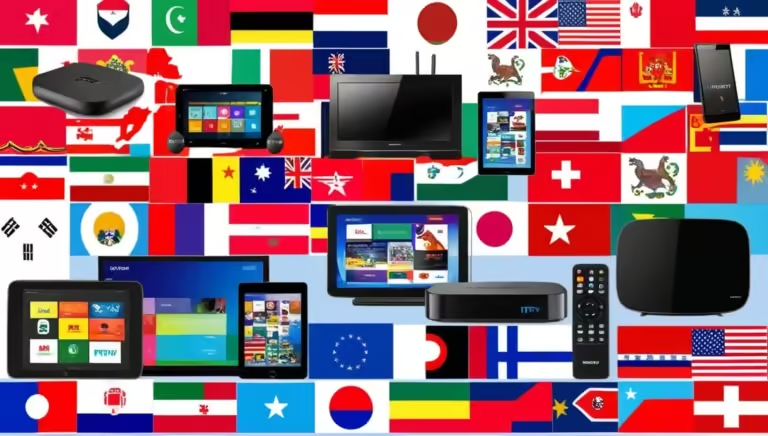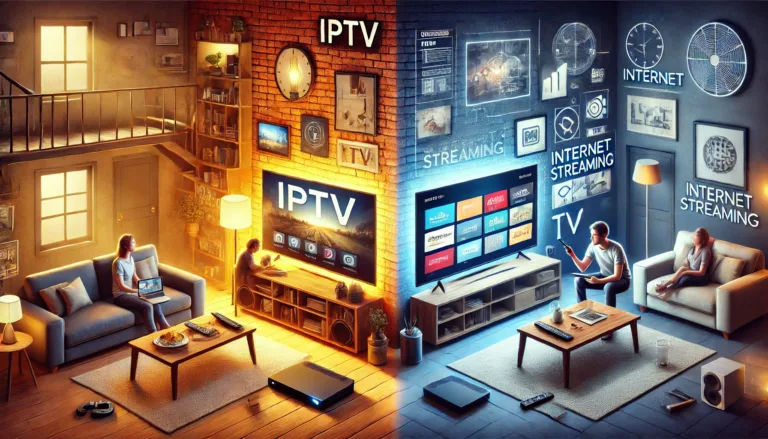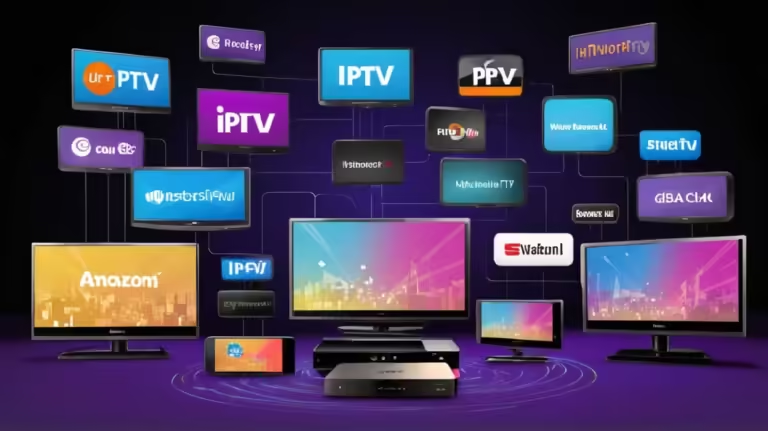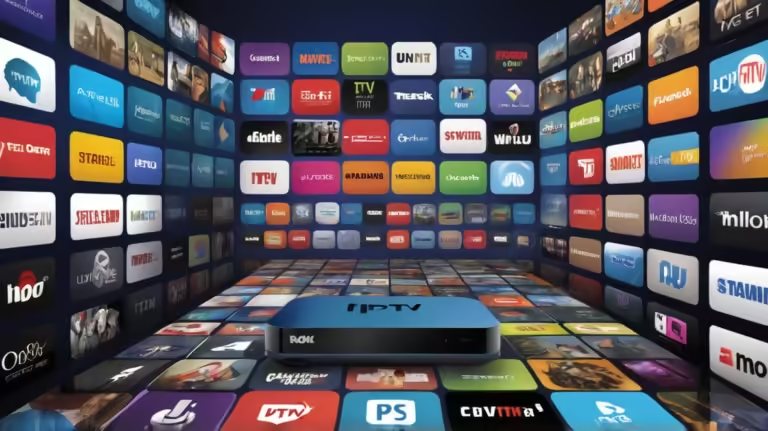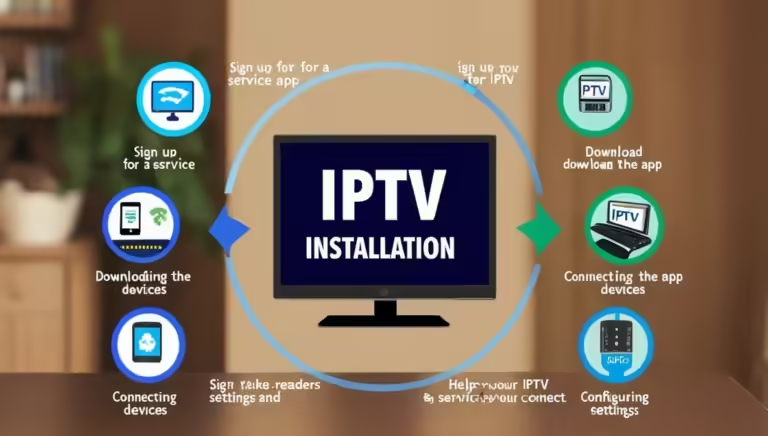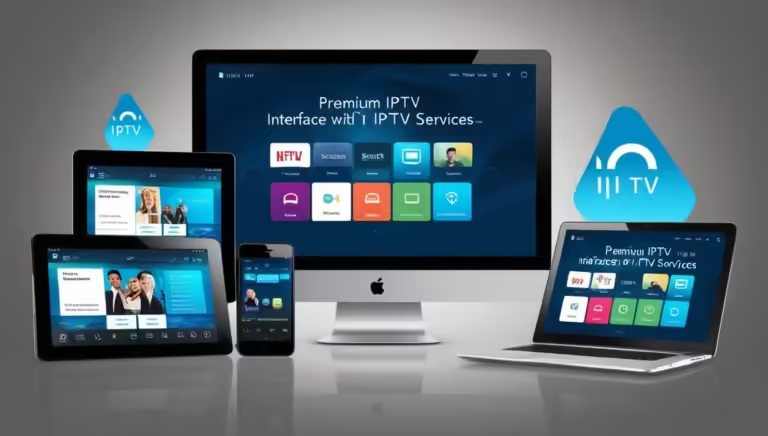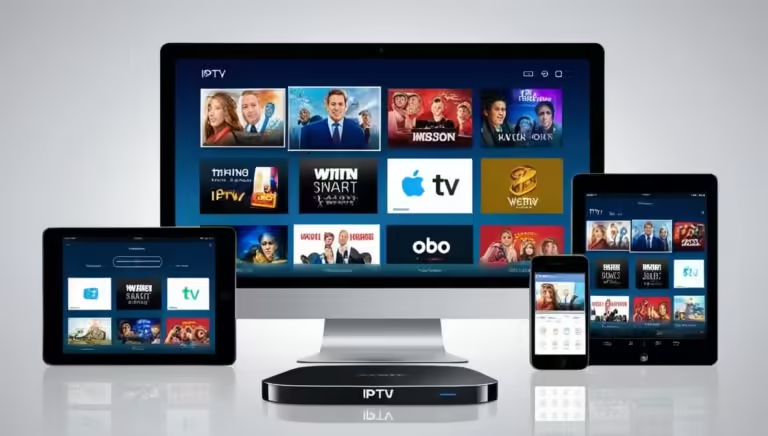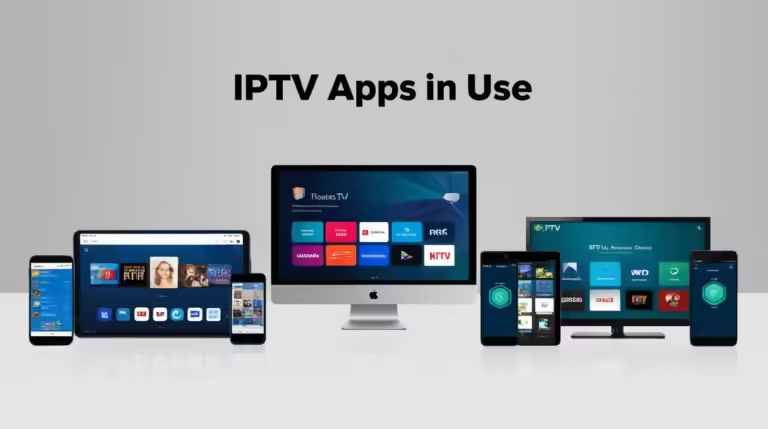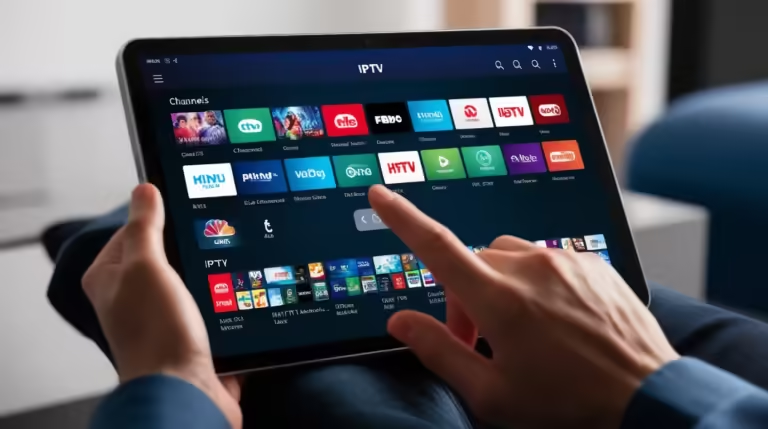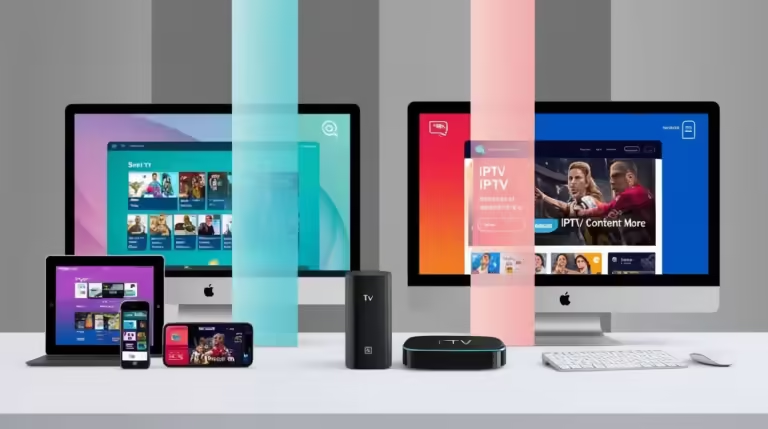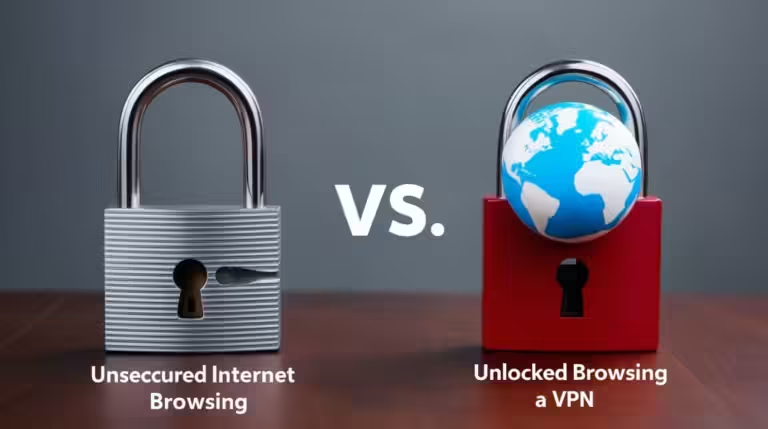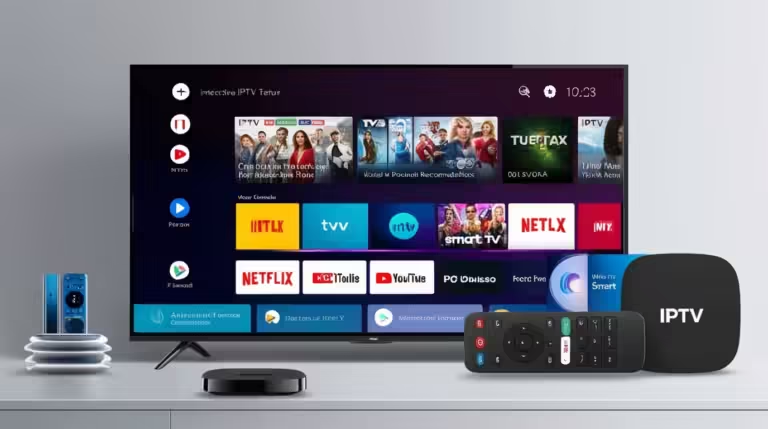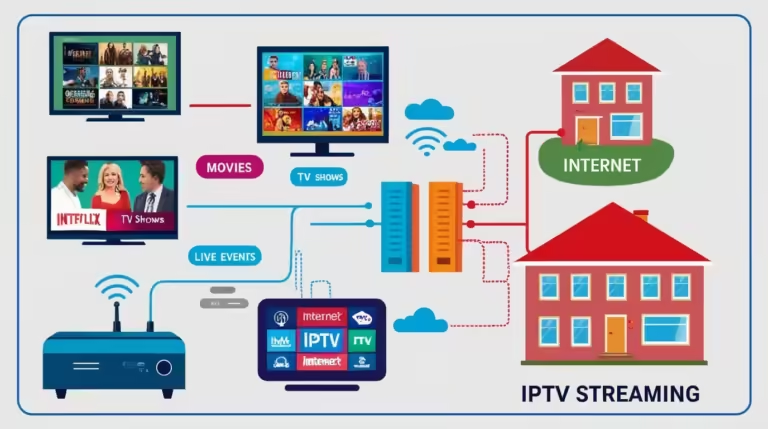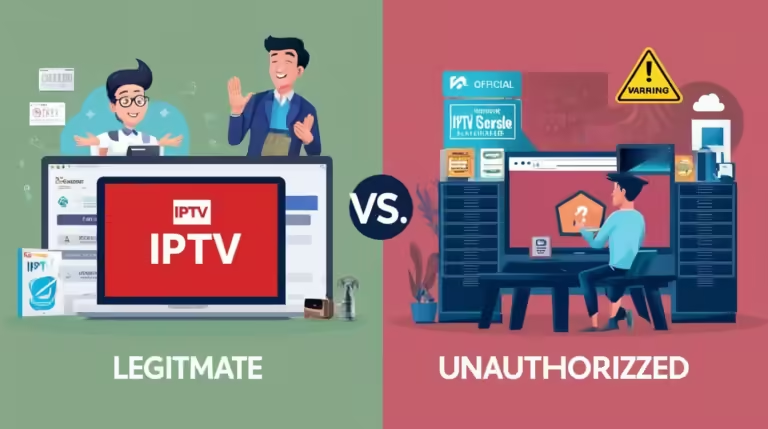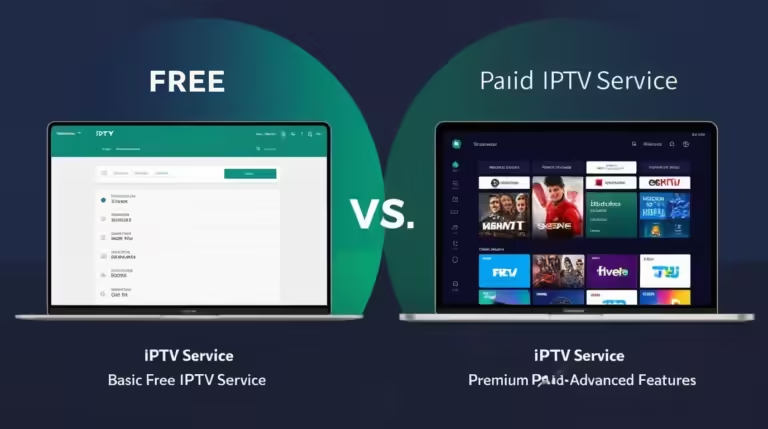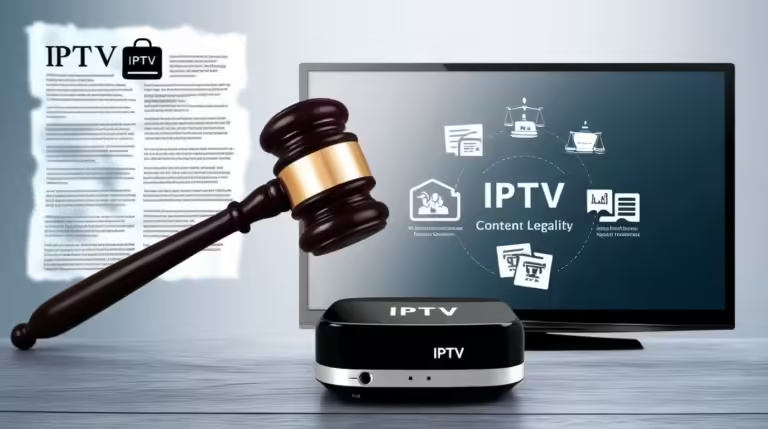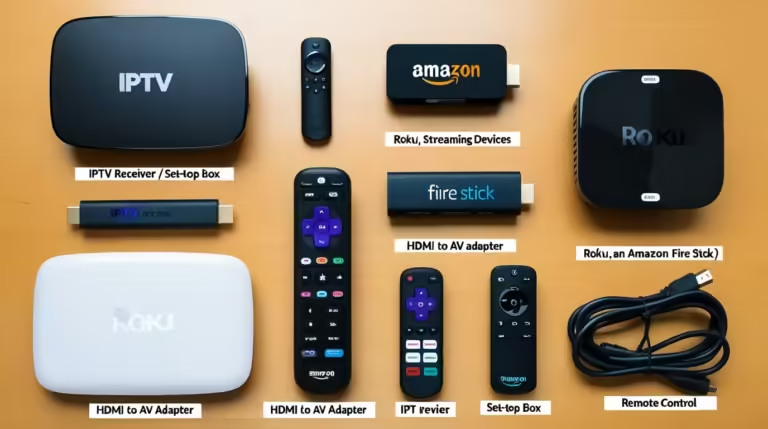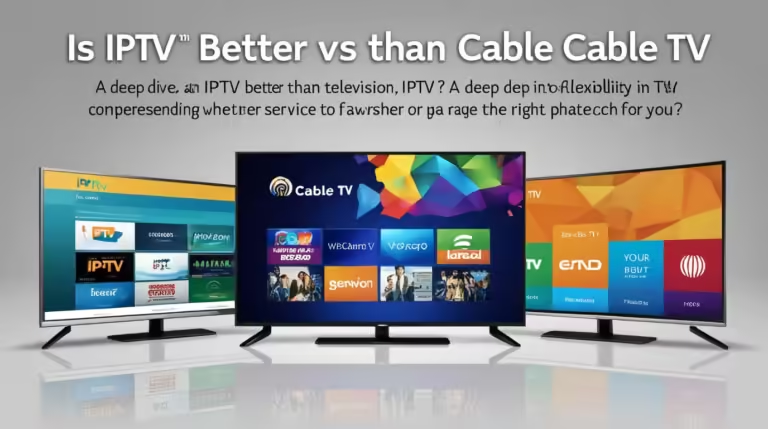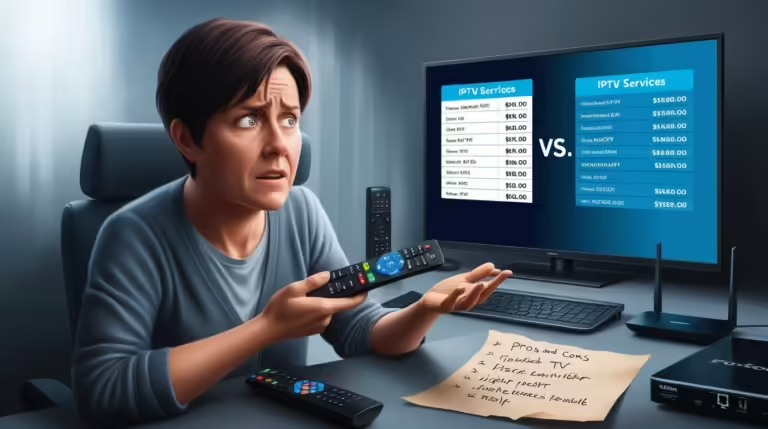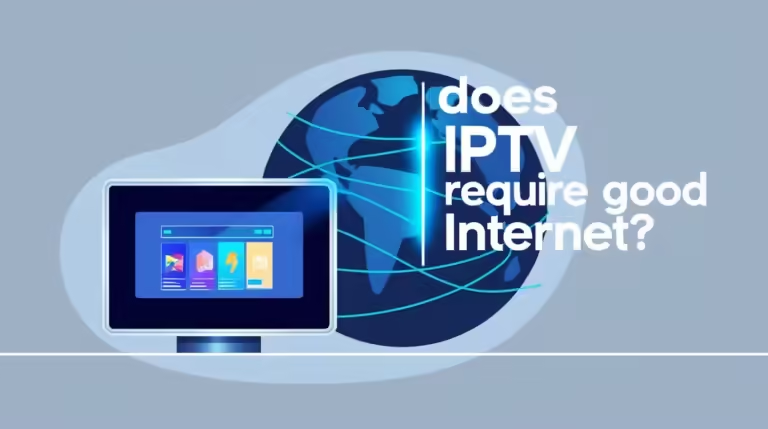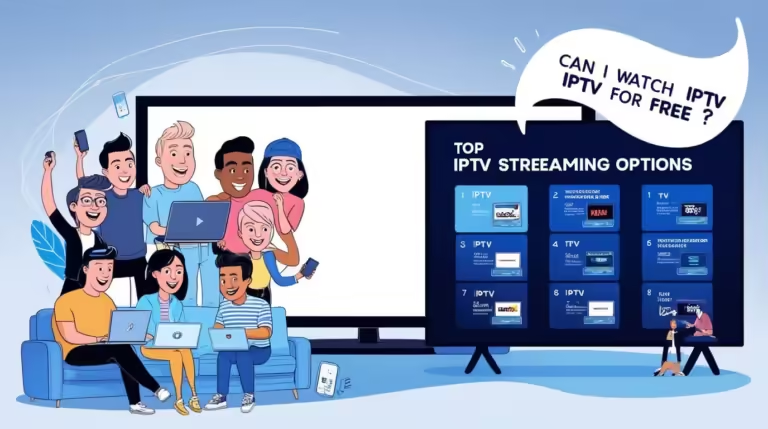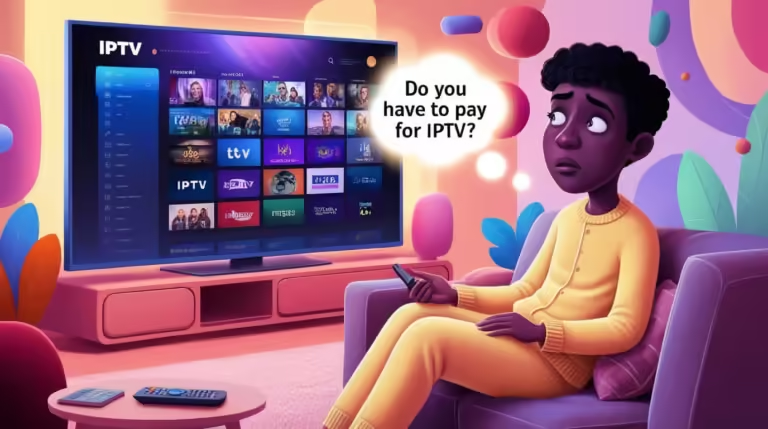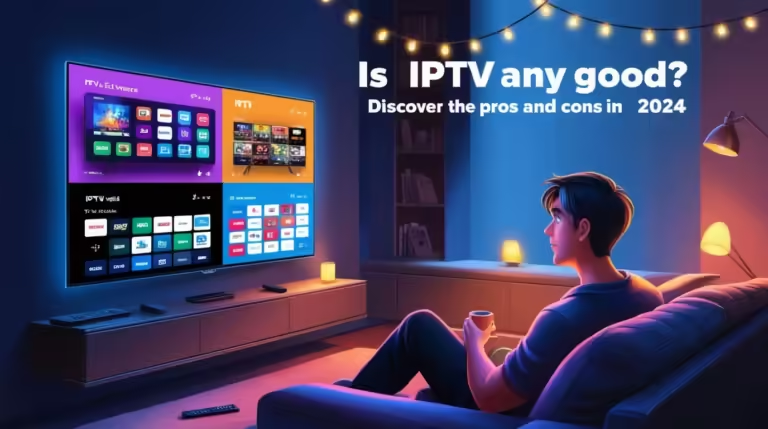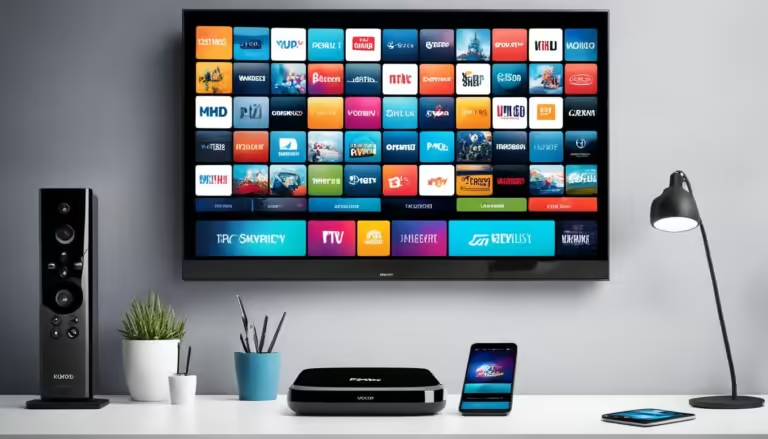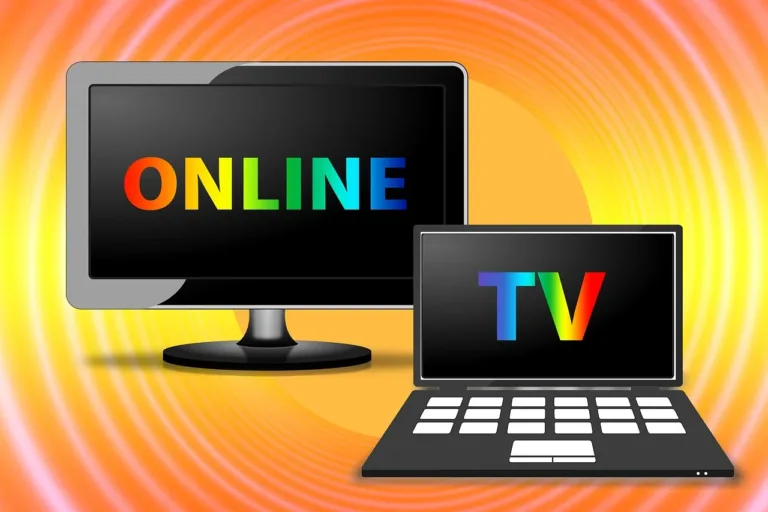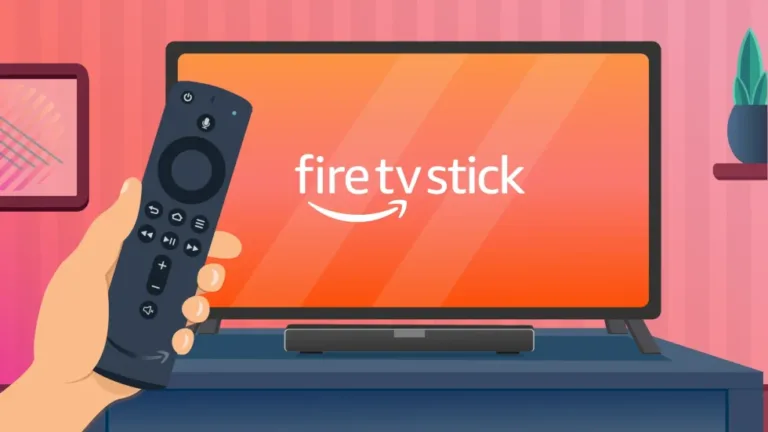Television has always been a cornerstone of home entertainment, but recent technological advances are reshaping how we experience it. Enter IPTV—Internet Protocol Television. This modern approach is not just changing the way we watch TV; it’s revolutionizing the entire entertainment industry. In this article, we will dive deep into what IPTV service is, explore its major innovations, key features, and benefits, and look ahead to future trends. Prepare to discover how IPTV is transforming the future of television!
What is IPTV Service? Unveiling the Basics of This Cutting-Edge Technology
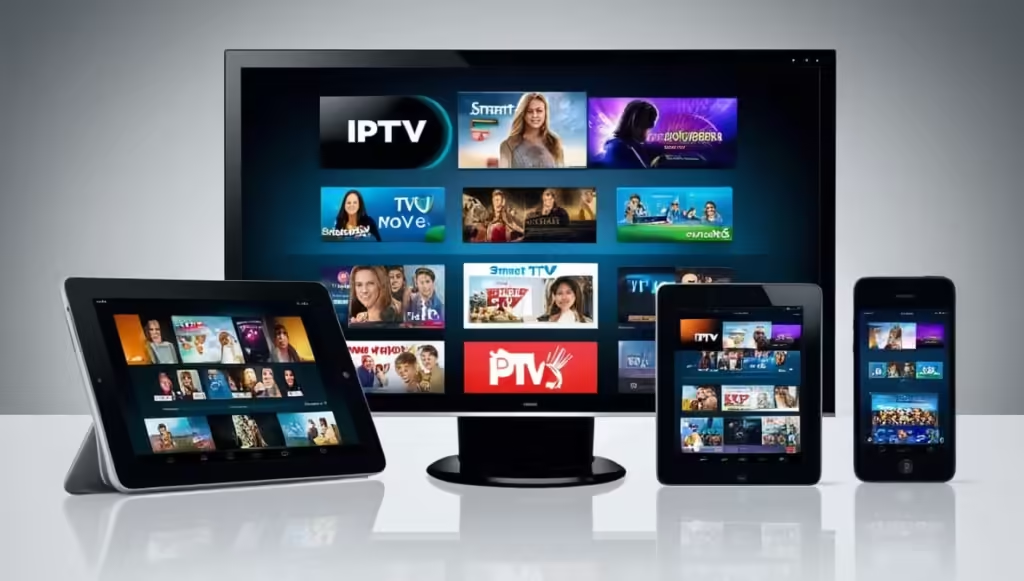
To fully appreciate the impact of IPTV, it’s crucial to first understand the basics of what is IPTV service actually is. IPTV stands for Internet Protocol Television. Unlike traditional TV services that rely on satellite or cable connections to deliver content, IPTV uses Internet Protocol to stream television content directly to your devices. This means that instead of tuning into a physical broadcast signal or a cable line, you’re using your internet connection to access a wide array of television programming.
So, how does it work? At its core, IPTV delivers content over the internet in the form of data packets. These packets are then decoded by your device—be it a smart TV, computer, tablet, or smartphone—to display the content. This method of streaming enables IPTV to offer high-definition (HD) and even ultra-high-definition (4K) content, providing a superior viewing experience compared to traditional methods.
IPTV can be divided into three main types: live TV, video on demand (VOD), and time-shifted TV. Live TV streams content as it happens, similar to traditional broadcast television. VOD, on the other hand, allows viewers to select and watch content from a vast library at their convenience. Time-shifted TV enables viewers to pause, rewind, or fast-forward live broadcasts, giving them unprecedented control over their viewing experience.
The beauty of IPTV lies in its flexibility and adaptability. Unlike traditional TV, which is often tied to specific broadcast schedules and physical equipment, IPTV leverages the internet to offer a more dynamic and user-centric experience. This technology is not just a step forward; it represents a leap into a new era of television.

How IPTV Service is Revolutionizing Entertainment: A Look at Major Innovations
IPTV is not just a new way to watch TV; it is a groundbreaking innovation that is fundamentally altering the entertainment landscape. Let’s explore how IPTV service is revolutionizing entertainment through major technological advancements and new features.
One of the most significant innovations brought by IPTV is the ability to access content from virtually anywhere in the world. Traditional TV services are often limited by geographical boundaries and licensing agreements. In contrast, IPTV transcends these limitations, allowing users to access international channels and content libraries with ease. This global reach means that viewers can enjoy shows, movies, and sports events from different countries, broadening their entertainment horizons.
Another major innovation is the integration of interactive features. IPTV services often come equipped with interactive program guides, which allow users to see detailed information about the current and upcoming programming. This interactivity extends to features such as on-screen menus, interactive advertisements, and live polls, making television viewing more engaging and interactive than ever before.
The rise of personalized content is another game-changing aspect of IPTV. With the help of advanced algorithms and data analytics, IPTV services can provide tailored recommendations based on a viewer’s watching history and preferences. This means that users are not just passively watching whatever is on; they are actively discovering content that matches their interests and tastes.
Moreover, IPTV services offer a high degree of customization and control. Viewers can create their own playlists, set up favorite channels, and even control how and when they watch their content. This level of personalization and flexibility is a stark contrast to the rigid schedules of traditional TV broadcasting.
The technological infrastructure behind IPTV also supports high-definition (HD) and ultra-high-definition (4K) streaming, delivering superior picture quality and sound. This enhancement ensures that viewers enjoy a cinematic experience from the comfort of their homes, with crisp visuals and immersive audio.
What is IPTV Service? Exploring the Key Features That Set It Apart
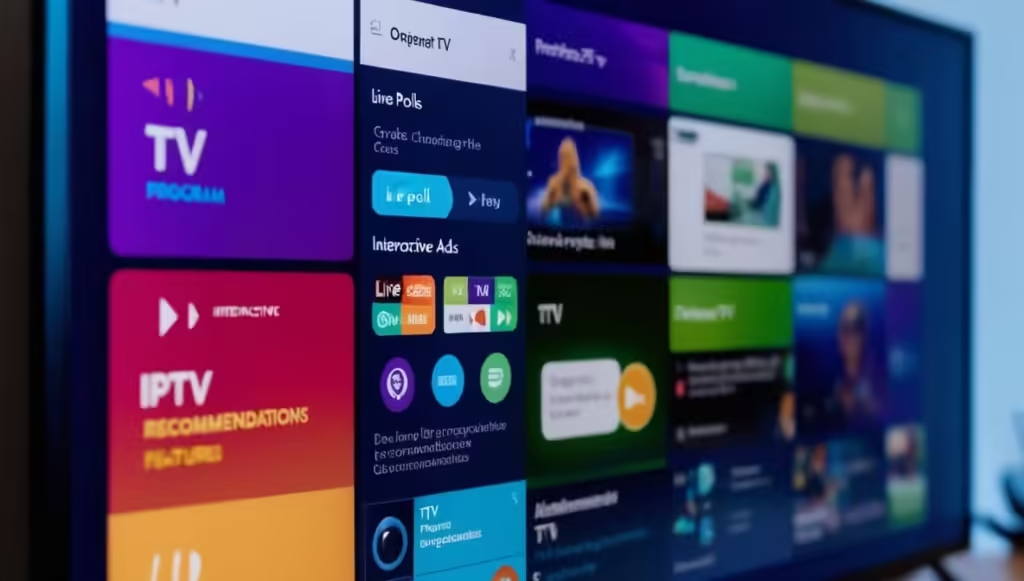
Understanding what sets IPTV apart from traditional television services involves looking at its distinctive features. IPTV is not just a method of delivering television content; it’s a sophisticated platform with several unique attributes that enhance the viewing experience.
First and foremost, IPTV offers on-demand content. Unlike traditional TV, which requires viewers to adhere to fixed broadcast schedules, IPTV allows users to watch shows, movies, and other content whenever they choose. This on-demand functionality provides unparalleled convenience and flexibility, catering to the modern viewer’s busy lifestyle.
Another key feature of IPTV is its support for multi-screen viewing. IPTV services are designed to be compatible with various devices, including smart TVs, tablets, smartphones, and laptops. This means that you can start watching a program on your TV and seamlessly switch to your tablet or phone if you’re on the go. Multi-screen support ensures that you have access to your favorite content wherever and whenever you want.
Interactive TV features are also a major draw. IPTV services often come with advanced interactive capabilities, such as interactive program guides, on-screen information, and the ability to participate in live polls or quizzes. These features make television more engaging and interactive, enhancing the overall viewing experience.
Additionally, IPTV services typically offer cloud-based DVR functionality. This means that you can record shows and movies and store them in the cloud, rather than on a physical DVR device. Cloud DVR allows you to access your recorded content from any device with an internet connection, eliminating the need for bulky equipment and providing greater convenience.
Finally, IPTV services often come with extensive content libraries and channel options. Unlike traditional TV packages, which may have limited channels and content, IPTV offers a wide range of programming, including international channels, niche content, and exclusive shows. This vast array of options ensures that there is something for everyone, regardless of their interests.
The Benefits of IPTV Service: Why It’s a Game Changer for Viewers
The transition to IPTV brings with it numerous benefits that make it a game-changer for viewers. These advantages go beyond mere convenience and highlight why IPTV is becoming a preferred choice for modern television content consumption.
One of the most significant benefits of IPTV is its flexibility. Unlike traditional TV services that are bound by fixed schedules and geographical limitations, IPTV allows viewers to access content on their own terms. Whether you want to watch a show live, catch up on a missed episode, or explore a vast library of on-demand content, IPTV offers the flexibility to do so.
Cost-effectiveness is another major advantage of IPTV. Traditional cable and satellite TV services often come with high subscription fees, additional charges for premium channels, and hidden costs. IPTV, on the other hand, generally offers more affordable pricing options with fewer hidden fees. Many IPTV providers offer tiered packages that allow you to choose a plan that fits your budget and viewing needs.
The convenience of IPTV is unparalleled. With IPTV, you can easily set up your service, access content instantly, and enjoy a seamless viewing experience across multiple devices. This level of convenience is ideal for today’s fast-paced lifestyle, where viewers demand instant access to their favorite content without the hassle of traditional setup and installation.
Moreover, IPTV services often include advanced features like cloud DVR and multi-screen support. Cloud DVR allows you to record and store content in the cloud, while multi-screen support ensures that you can enjoy your favorite shows on various devices. These features enhance the viewing experience and provide greater flexibility and control.
Finally, IPTV’s personalized content recommendations make it easier to discover new shows and movies that align with your interests. By analyzing your viewing habits and preferences, IPTV services can suggest content that is tailored specifically to you, ensuring that you are always engaged and entertained.
What is IPTV Service? Future Trends and What’s Next for Television content Technology
As IPTV continues to evolve, it is set to drive even more changes in the television content landscape. Understanding what is IPTV service today gives us insight into the exciting future trends and developments that are on the horizon for this technology.
One of the key future trends for IPTV is the increased integration of artificial intelligence (AI) and machine learning. These technologies will enhance content recommendations, making them even more accurate and personalized. AI-driven algorithms will analyze viewing patterns and preferences in greater detail, providing viewers with highly relevant content suggestions and improving the overall user experience.
The expansion of 5G technology is also poised to impact IPTV significantly. With its ultra-fast speeds and low latency, 5G will enable even smoother and higher-quality streaming. This will support more advanced features, such as real-time interactive content and enhanced multi-screen experiences. As 5G networks become more widespread, IPTV services will benefit from improved performance and reliability.
Immersive technologies like virtual reality (VR) and augmented reality (AR) are expected to play a role in the future of IPTV. Imagine watching a live sports event in VR, feeling as though you are right there in the stadium, or using AR to access interactive overlays during a live broadcast. These innovations could transform the way we interact with television content, providing new and exciting ways to experience entertainment.
Another trend is the increasing integration of IPTV with smart home devices. As smart TVs, voice assistants, and other connected devices become more common, IPTV services will seamlessly integrate with these technologies. This will enable features like voice-controlled content search, smart recommendations based on household preferences, and automated content management.
Finally, the future of IPTV will likely see further consolidation and expansion of content partnerships. As demand for diverse and high-quality content continues to grow, IPTV providers will collaborate with content creators, studios, and networks to offer an even richer selection of programming. This will ensure that viewers have access to the latest and greatest content, keeping them engaged and entertained.
Conclusion
IPTV represents a groundbreaking advancement in television content technology, offering a flexible, high-quality, and personalized viewing experience that sets it apart from traditional TV services. By leveraging the power of the internet, IPTV allows viewers to access a vast array of content on their own terms, with advanced features that

